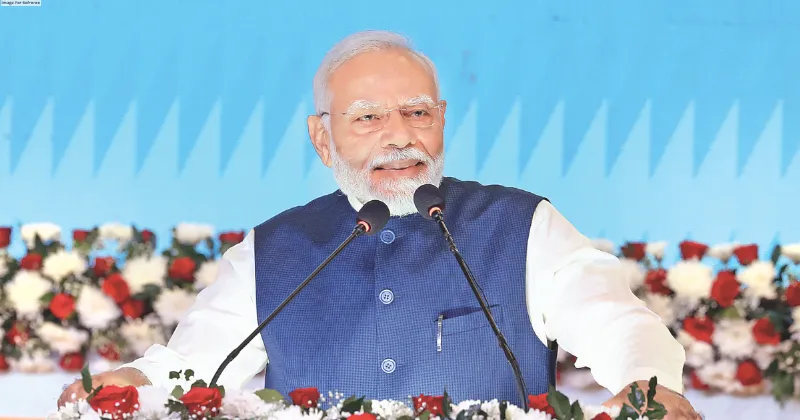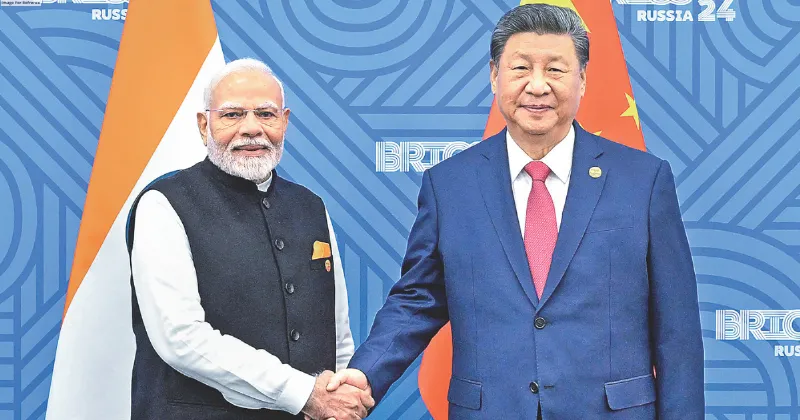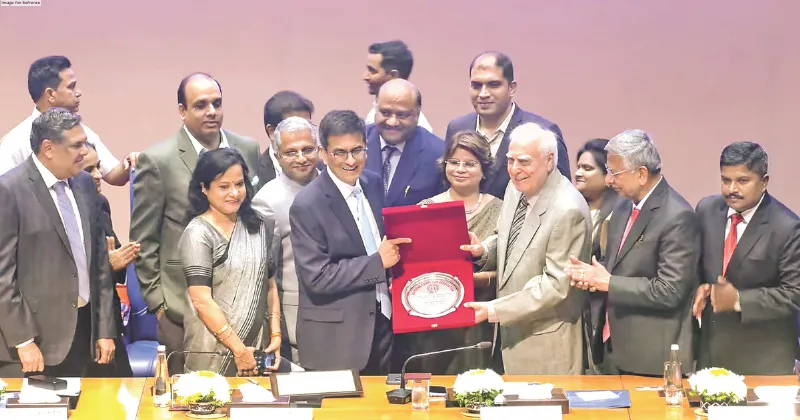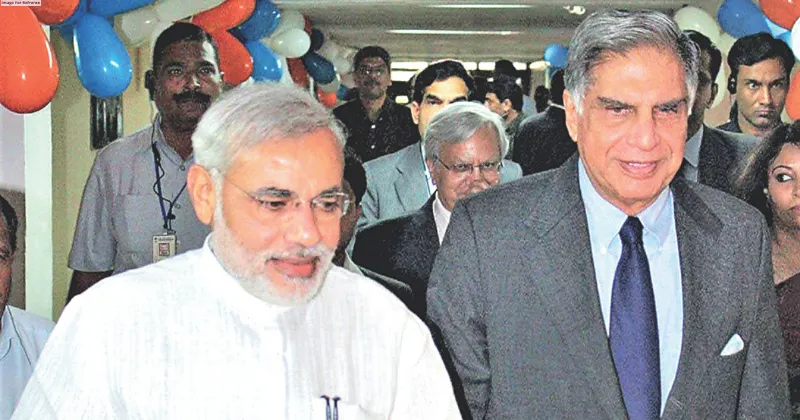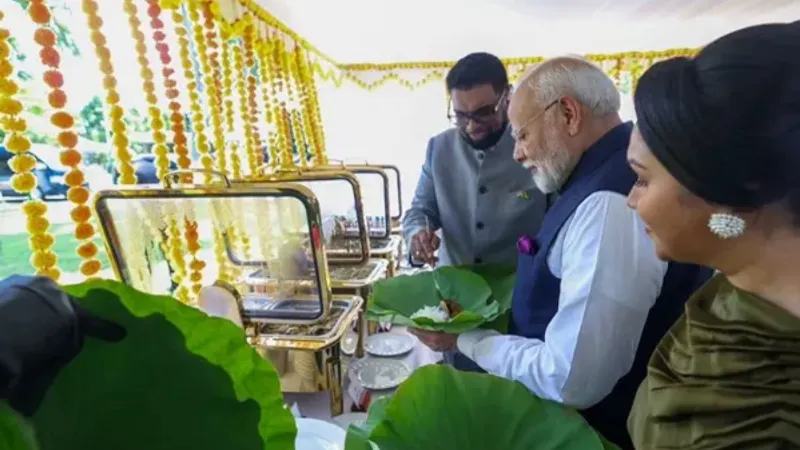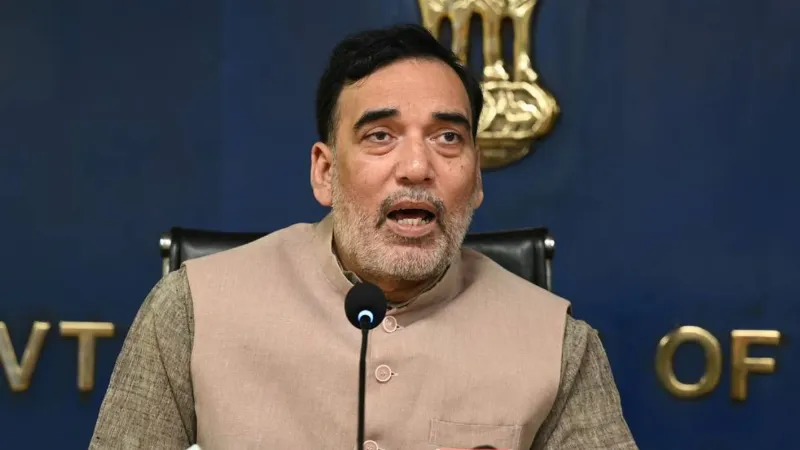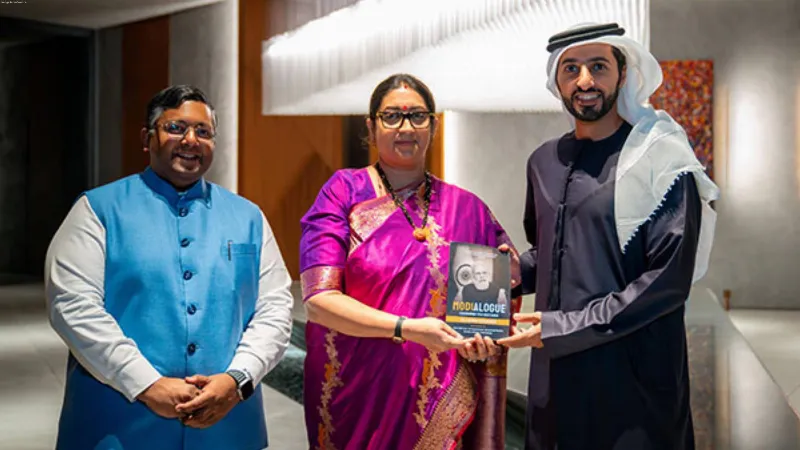ENDING THE LEGACY OF COLONIALISM IN HEALTHCARE

The ancient healthcare system in India- Ayurveda- developed in the first millennium and was focused on the prevention of ill health with limited focus on treatment and surgical interventions. In those centuries, there was a widespread exchange of ideas between traditional health systems in India with the Middle East, Far-East and Europe and all the civilizations dealing with health issues. All these health systems utilised almost identical approaches for disease prevention and management. Of note, surgical skills were better developed in India. A rapid increase in science-based treatments pushed prevention into the background and led to the development of surgical and medical therapies for acute and chronic diseases in the past three centuries in Europe. During this period many European nations established colonies in Asia, Africa and the Americas and transposed their systems of healthcare to these countries. Hospitals catering to the European populations developed in all the colonies with second-class services for the natives and led to a state of healthcare apartheid. This dichotomy has been succinctly described in Abraham Verghese’s latest book The Covenant of Water.
Colonisation, a process of multifaceted oppression, inequalities and subordination has been a reality experienced by Indian society since ancient times. It has multiple socioeconomic, cultural, political and psychological repercussions. In ancient India, Ayurveda practitioners experienced ruler-guided and castebased discrimination and faced obstacles in delivering universal healthcare. This dichotomy has been succinctly described by Devi Prasad Chattopadhyaya who focused on intentional distancing of the administrators of Ayurveda and its consumers. For example, Ayurveda did not accept the prevalent therapeutic techniques of magical remedies and shamanism promoted a certain class of priests. This class also promoted the concept of dynasty-based interventions rather than techniquebased interventions. These debates have been highlighted in Charaka and Sushruta Samhitas as a path to hegemony. The formal phase of colonization in India began with external influencers from Europe (Britishers, Portuguese, French, etc). The colonial attitudes of the Europeans in healthcare as part of establishing hegemony have been extensively criticised by Mahatma Gandhi. During the colonial period, shortage of medical and other health personnel contributed to the substandard care for the general Indian populace with life expectancy at birth of >40 years in 1947 when India achieved independence.
The colonial legacy continued in the post-independence years. Although the Bhore Commission (1946) provided a working paper for the creation of a national health service in India, in the euphoria of independence this wisdom was lost on policymakers. From the 1950s to 1970s clinical facilities were rapidly developed in India to provide largely curative healthcare. Privatization of healthcare services in India began in the mid-1980s in India as the government sector failed to rapidly increase its capacity and was slow to absorb technological advancements. Nongovernmental sector in early 1950’s provided <5% inpatient care but now provides more than 50% outpatient and 70% inpatient care in some regions of the country. The government health system, barring a few excellent hospitals, could not keep up with the pace of technological advances in healthcare, whether it was in basic medical departments or emerging sub-specialities. More than 800 million disadvantaged populations of the country are at the receiving end of compromised quality of care while the socioeconomically empowered 200 million have access to a reasonable quality. Many dystopian legacies of British colonialism in India have been described in recent years. Colonial gift of healthcare apartheid is one of them.
POLICY INITIATIVES
In the last two decades, multiple efforts to modify the fragmented healthcare system in the country have started. In a paradigm shift, the Vajpayee government in the early years of the present century initiated the establishment of multiple high-technology healthcare institutes (AIIMS) across the country. This was the first effort at de-colonisation to provide state-of-theart services at the doorstep of many poor and needy individuals in all the states. A second step in this direction has been the starting of government medical colleges in all the districts of the country. It is wellknown that medical colleges with teaching and research facilities along with the recruitment of well-trained physicians can improve health care. Multiple examples exist in all the states. For example, in Rajasthan medical colleges were established in divisional headquarters of Jaipur, Bikaner, Udaipur, Jodhpur and Ajmer in the first 30 years post-independence. These colleges created centres of excellence in many fields and are presently well-established institutions providing high-class healthcare besides imparting quality education to medical students.
We believe that a similar glorious fate awaits the recently established district medical colleges in the state established in the past 10 years with centre-state collaboration. These district medical colleges have the potential to provide high-class preventive, promotive and curative healthcare as the vision is to develop the high-class infrastructure is combined with top-class medical faculty and teachers. Some examples of the excellence are already apparent. This shall surely lead to the demise of healthcare apartheid perpetuated by a colonial mindset in the last two centuries.
THE VIEWS EXPRESSED BY THE AUTHOR ARE PERSONAL
Dr Rajeev Gupta The writer is an eminent Physician and Researcher

